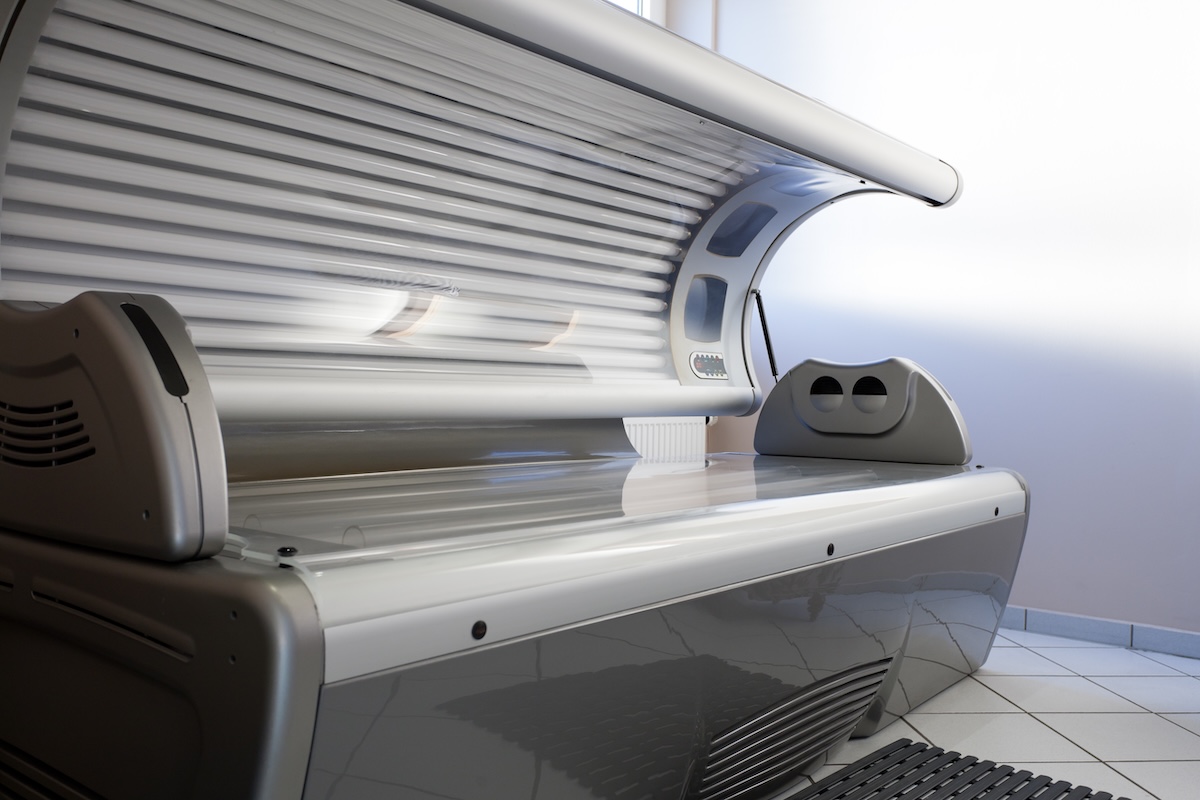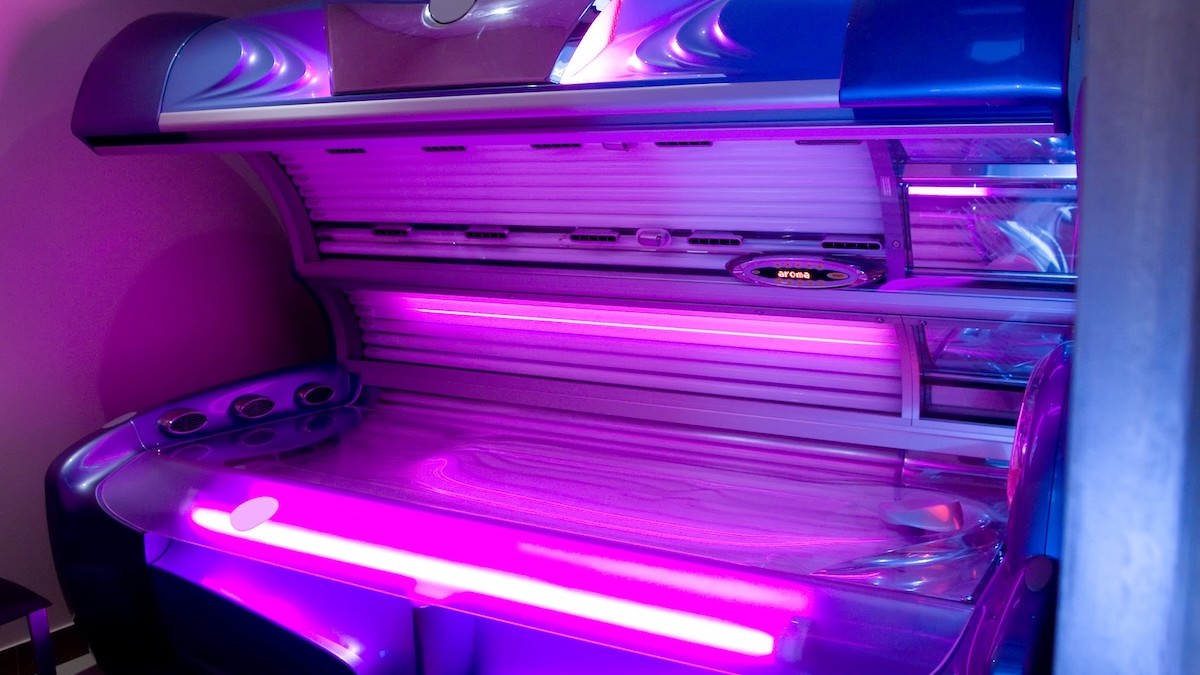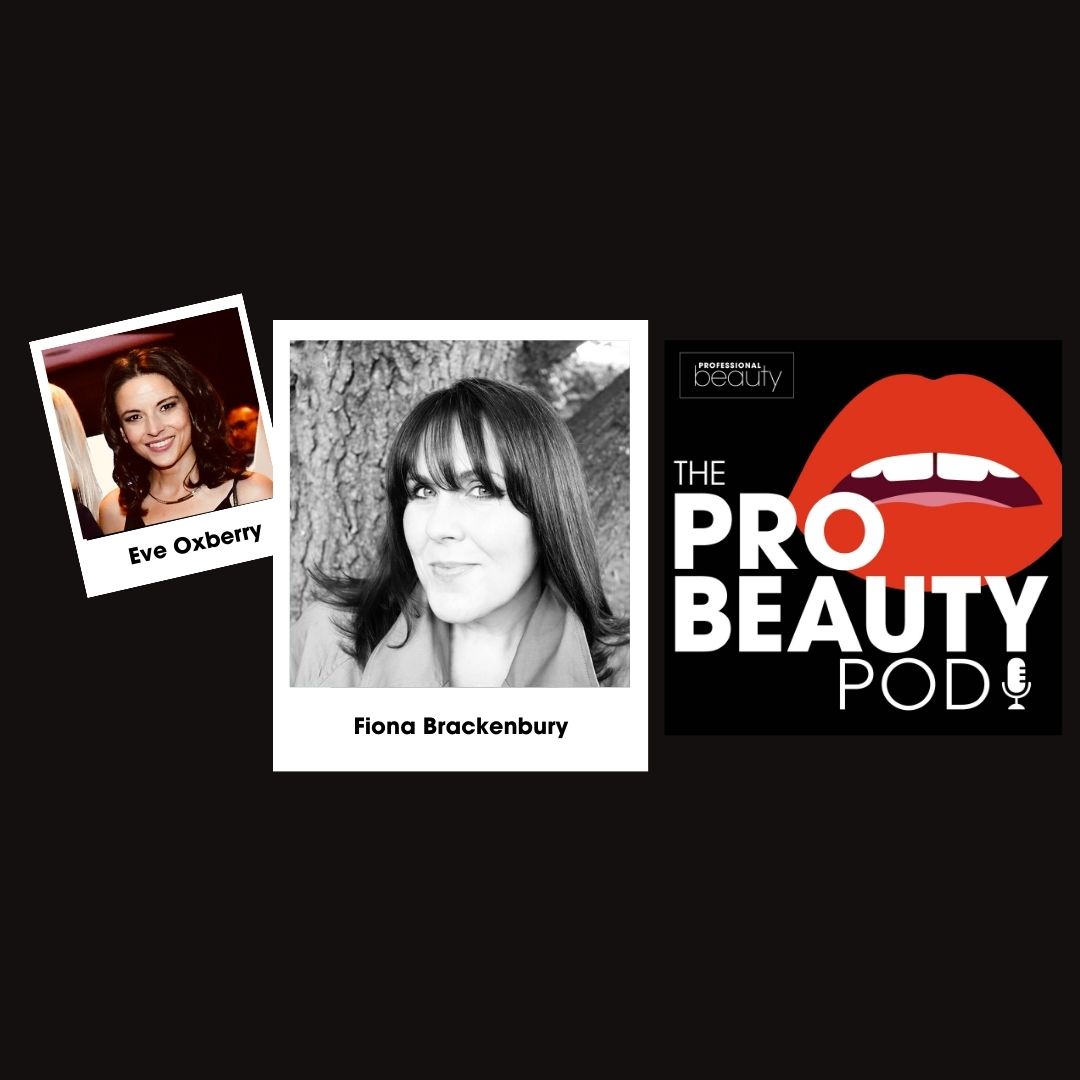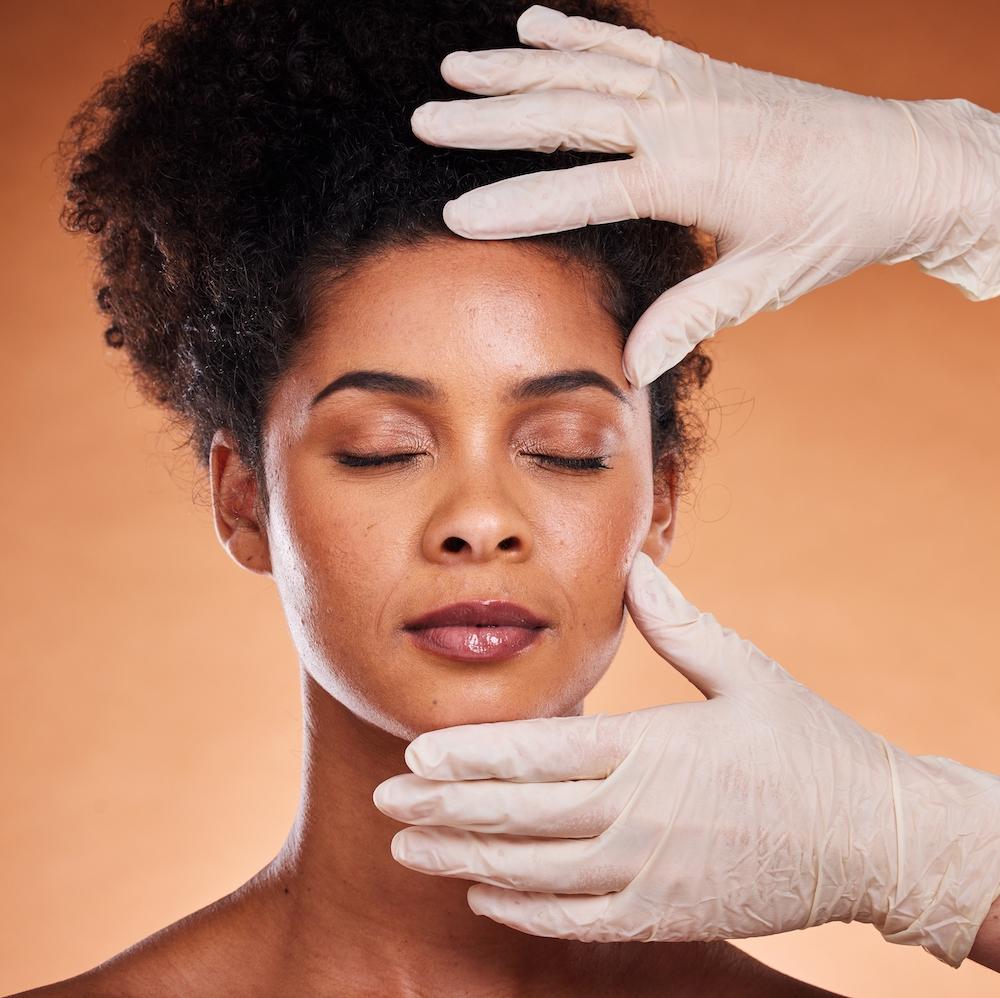The Advertising Standards Authority has banned multiple sunbed adverts for promoting “safe tanning” and health benefits, reinforcing its stance against misleading claims
The Advertising Standards Authority (ASA) has banned ads from five tanning-related advertisers after ruling that their marketing made misleading and irresponsible claims about sunbed safety and health benefits.
The rulings, published on January 21, 2026, followed a proactive investigation using the regulator’s AI-powered Active Ad Monitoring system, which identifies online ads that may breach the CAP Code.
The ASA upheld complaints against The Sun Company, SunShine Co, Tanbox Towcester, Tan & Deliver Home Hire Sunbeds and Byrokko, concluding that their ads falsely suggested that sunbed use was safe, beneficial to health or capable of treating medical conditions.
What claims did the ASA ban?
Across social media and search ads, the ASA found multiple problematic claims, including assertions that:
- Sunbeds are safe or enable safe tanning
- Sunbeds can boost vitamin D
- Sunbed use can improve mood, energy levels or wellbeing
- UV exposure can help manage Seasonal Affective Disorder (SAD), psoriasis or eczema
- Tanning products used alongside sunbeds can help people tan quickly and safely
The regulator said that by downplaying the risks of ultraviolet (UV) exposure and presenting tanning as beneficial, the ads were likely to mislead consumers and put public health at risk.
Some ads were also found to discourage essential medical treatment by implying that sunbeds could be used to manage medical conditions without professional supervision.
ASA says there is no safe or healthy way to tan using UV
In its assessment, the ASA repeatedly referenced long-standing NHS and Cancer Research UK advice, which states that:
- There is no safe or healthy way to get a tan using UV radiation
- Sunbeds increase the risk of skin cancer, including melanoma
- Sunbeds should not be used to boost vitamin D, with diet and supplements recommended instead
The watchdog ruled that linking sunbed use with health benefits was irresponsible, given the potentially serious consequences of UV exposure.
All five advertisers were told that the investigated ads must not appear again, and that future advertising must not suggest that sunbeds are safe, provide health benefits, or can be used to treat medical conditions.
ASA highlights responsibility of health claims in advertising
Commenting on the rulings, Jess Tye, regulatory projects manager at the ASA, said:
“Given the serious dangers of UV exposure, it’s vital that ads for sunbeds don’t suggest that they’re safe or offer health benefits. These rulings demonstrate that information about health in ads must be clear, accurate and responsible.”
She added that protecting people from misleading advertising was “at the heart” of the regulator’s work, particularly where ads could put consumers at risk.

How the latest rulings build on previous decisions
The new bans follow the ASA’s high-profile 2025 ruling against Indigo Sun, the UK’s largest tanning salon chain, which was found to have made misleading and socially irresponsible health claims in a website advert.
The earlier case centred on a video titled “The Health Benefits of Tanning”, which claimed that “moderate responsible use of sunbeds brings major health benefits” and referenced a University of Edinburgh study linking UV exposure to reduced deaths from cancer and heart disease.
The ASA ruled that the advert:
- Created the impression that sunbed use was proven to improve overall health
- Relied on evidence that was not sufficiently robust
- Omitted official health advice warning of increased skin cancer risk
- Presented sunbeds as offering benefits with little or no risk
The watchdog concluded that the ad must not appear again in its current form and instructed Indigo Sun not to make misleading or irresponsible health claims about sunbed use.
Industry responses and public health messaging
In the Indigo Sun case, the company defended its campaign, arguing that it was based on peer-reviewed research and UK Biobank data. It said it would comply with the ruling while maintaining that newer scientific findings should be part of broader public health discussions.
Gilly Perkins, general manager of The Sunbed Association, said, “Public safety around the responsible use of sunbeds is the duty of all professional operators. Whilst respecting the ASA’s role, on this occasion it would appear that the intention of the video was to share the published, peer-reviewed science and not to make any exaggerated or irresponsible claims."
Perkins added, "The sunbed industry is often inappropriately maligned using out of date research. As such, we would encourage a more balanced discussion and engagement around new and emerging scientific research in this field.”
Sunbed use in the UK is regulated: customers must be over 18, are screened for contraindications and provided with protective eyewear. Health authorities including the NHS, the British Association of Dermatologists and Cancer Research UK continue to advise against sunbed use, citing links to skin damage, premature ageing and increased risk of melanoma.
Following the Indigo Sun ruling, Marie Tudor, chief executive of skin cancer chairty Skcin, said in a statement, “The adverts have been deemed ‘misleading, unsubstantiated and socially irresponsible’ and must be removed from circulation across the UK. This is a landmark ruling in the fight against misinformation surrounding sunbed use. It comes at a time when young patients are increasingly repeating these claims in clinic, underlining how harmful misleading advertising can be.”
Skcin ambassador Dr Amy Perkins, the NHS dermatologist who submitted the complaint against Indigo Sun, said on Instagram, “These ads leaned on a flawed study, presented as proof that sunbeds improve health. Patients were repeating these claims in clinic – many of them very young, some already facing melanoma diagnoses. That’s why this ruling matters.”
She added, “Sunbeds are a Group 1 carcinogen, like asbestos or arsenic. There is no such thing as a safe tan. Australia, Brazil and Iran have already banned commercial sunbeds. Ireland is exploring it too. The UK should follow.”
Caroline Larissey, chief executive of the National Hair and Beauty Federation (NHBF), commented, "This ruling demonstrates the power of individual action in creating meaningful regulatory change. It's a rare and significant example of how one person's complaint can lead to national protection measures. This victory will help safeguard the public from irresponsible advertising that could have serious health consequences."
The latest ASA rulings reinforce the watchdog’s position, signalling increased regulatory scrutiny of tanning-related advertising, particularly where claims intersect with health, wellbeing and medical conditions.
What this means for the industry
Taken together, the Indigo Sun ruling and the January 2026 decisions imply that:
- Health, safety and medical claims face a high evidential bar
- Compliance with industry codes or equipment regulations does not justify describing sunbeds as “safe”
- Marketing must align with established NHS and Cancer Research UK guidance
As the ASA continues to use AI-led monitoring to proactively identify problematic ads, further enforcement action is likely if misleading sunbed advertising continues.




